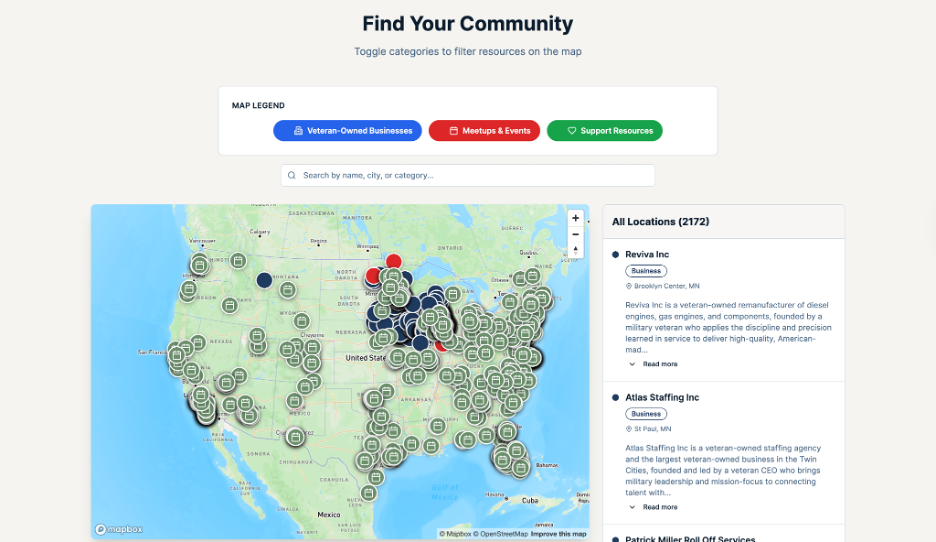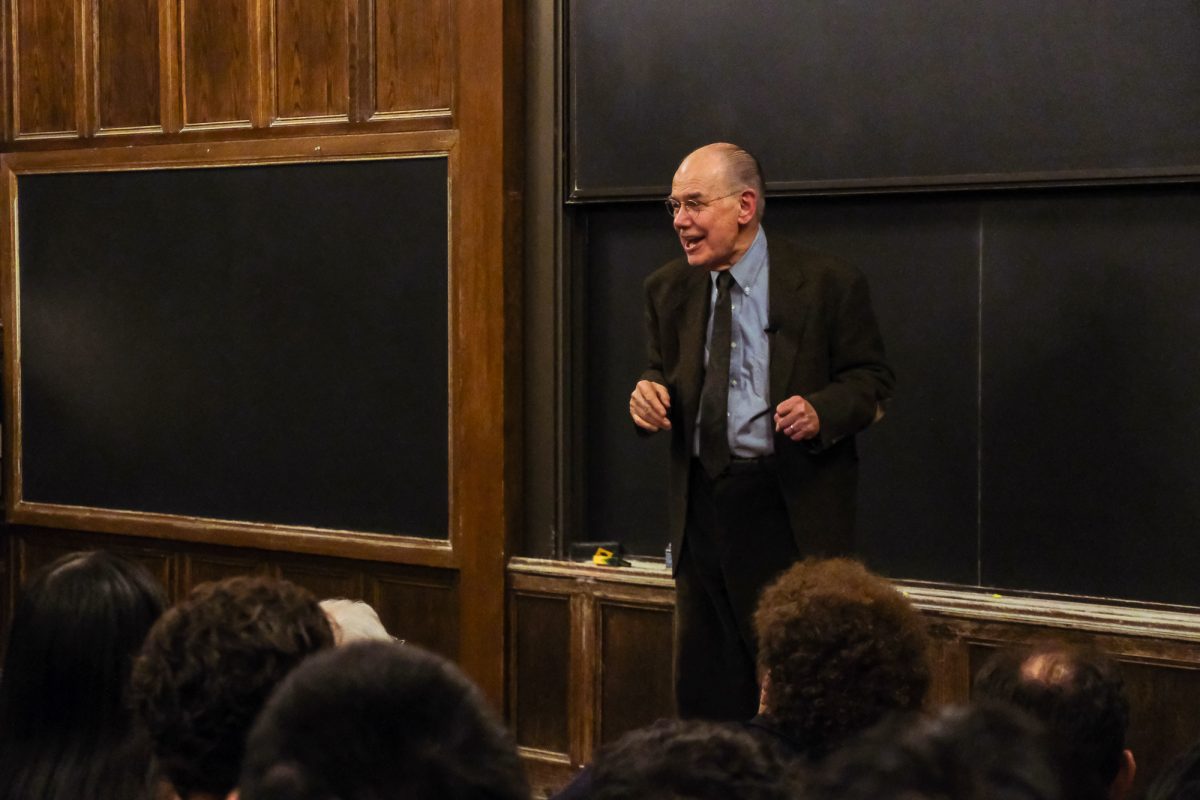Over the weekend, people across the world gathered to protest potential American aggression in Iraq. With large rallies held in Washington, D.C. and San Francisco, as well as smaller ones in most major American cities, a quiet opposition was posted to the recent decision made by congress to give George W. Bush the freedom to take military action in Iraq. On Saturday, 500 to 600 people gathered at Federal Plaza in Chicago to protest the war.
The Chicago crowd was an eclectic mix, dominated mostly by those affiliated with religious organizations sponsoring the rally. Rabbis, various pastors from different Christian denominations, Muslim community leaders, and local Chicago activists spoke to the crowd about transcending ethnicities, dogmas and doctrines to work together to oppose “ a war not about democracy or human rights, but economic interests.”
The afternoon climaxed with a gospel song, “Marchin’ Up Freedom Lane,” followed by “We Shall Overcome,” led by an individual who had marched beside Dr. Martin Luther King during the Civil Rights Movement.
Informational fliers circulated throughout the rally, boasting everything from “Zionism is the Enemy of Humanity” to campaign promotion for the Socialist Workers Party of Illinois to a Salsa Dance event at Heartland Café.
The crowd was, for the most part lower- to upper-middle-class and ranged from 40 to 80 years old, although some students lined the perimeters. One attendee, a retired Catholic priest, claimed he was upper- middle-class, which gave him “ the leisure to protest.”
Eighty seven-year-old Horris Davidson, from Skokie, Illinois, stood beside his wife proud to continue fulfilling the ideas behind a unionist upbringing. A factory worker all of his life and veteran of two world wars, Davidson thinks the Iraqi conflict is more about economics and Bush’s re-election than anything else.
Another protester, Chris Giovannis called American interests in Iraq “ the new imperialism for economic domination of oil that’s using September 11 as an excuse for invasion.”
The speakers covered the general arguments that have been spreading through the current anti-war movement, remarking about human rights, American interests in controlling the oil market, and using diplomacy rather than aggression as a mechanism for resolving conflict.








